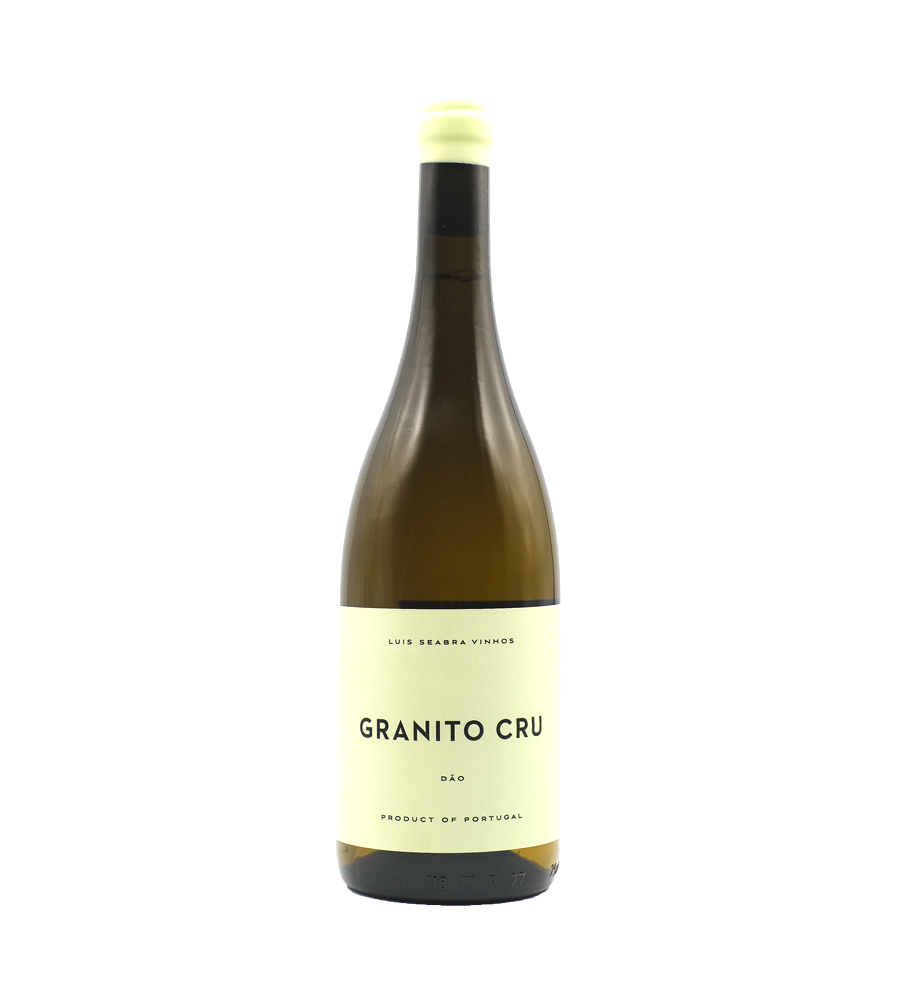Granito Cru
Granito Cru is a white wine from the Dão region that perfectly represents the intense style of the Douro terroir by the hand of winemaker and producer Luís Seabra.
The mountains determine and condition the climate of this region, sheltering the vines from the direct influence of the continental climate as well as from the maritime influence. Vineyards over 35 years old planted on granite soils at altitude, in Vila Nova de Tazem, in the sub-region of Serra da Estrela.
The wine was fermented with native yeasts and aged for one year in used barrels.
As the name indicates, it tries to show the soil, the vineyard and the region. For that, vinification is made in a low-intervention way, without using selected commercial yeasts or bacteria, only sulphur is used and in very low doses. Its vinification is inspired in the ancient methods where the wines fermented in old wood – 500 litre casks or small barrels and remained there until bottling. It may create deposit.
Allergens information
Contains sulphites.
SKU: 106867


